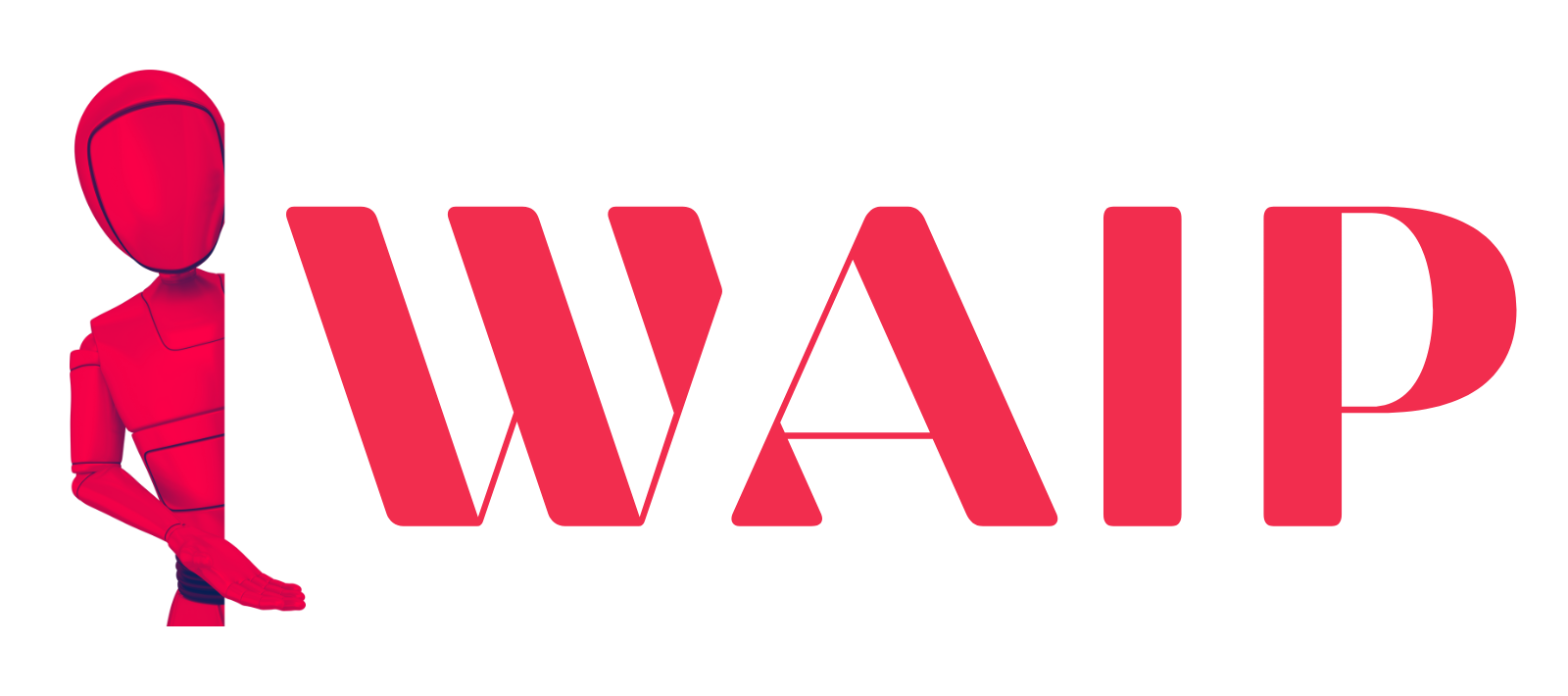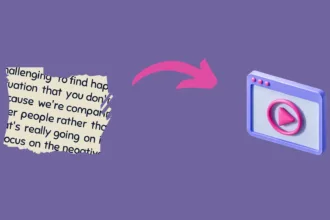The clash between TikTok and Universal Music Group (UMG) has sparked a significant debate. This dispute centers around the inability of TikTok users to enjoy hits from artists like Taylor Swift and Billie Eilish, due to a fallout over agreement terms.
At the heart of the matter are concerns over fair compensation, the rise of computer-generated music, and the safeguarding of online spaces.
This blog post delves into the intricate dynamics of this conflict, exploring the implications for artists, the music industry, and fans alike, as we seek to understand the broader ramifications of such standoffs in the digital music landscape.
Dispute Overview: TikTok vs UMG
The disagreement between TikTok and Universal Music Group (UMG) is about TikTok users not being able to listen to songs from big names like Taylor Swift and Billie Eilish anymore. This happened because the two companies couldn’t agree on a deal.
The main issue is that TikTok is accused of not paying enough money to artists and songwriters, not dealing with the issue of music created by computers, and not keeping the online space safe.
UMG believes TikTok isn’t paying its fair share, giving only 1% of its total revenue to UMG, even though music plays a big part in how people enjoy TikTok.
With no deal in sight, UMG pulled its music from TikTok, upsetting many users and bringing up worries about how computer-made music might cut into the money artists make and the presence of unsafe content online.
Main Disagreements Between TikTok and UMG
The big disagreements are about how much money should be paid for music rights, the ethics of using computer-generated music, and keeping the internet safe. UMG says TikTok pays too little for music and harms real artists by pushing music made by AI.
UMG is also not happy with TikTok’s efforts to keep harmful and illegal content away from users. TikTok, on the other hand, believes it has every right to use music and accuses UMG of caring more about money than about the artists themselves.
TikTok points out that it has made deals with other music companies that are better for artists, suggesting that UMG’s demands are too high compared to what’s normal in the industry.
Effects on Artists and the Music World
This disagreement affects artists, especially those with UMG, by cutting off their access to TikTok’s huge user base, which could make it harder for them to connect with fans.
The wider music industry is also trying to find a balance between paying artists fairly and getting the promotional benefits from platforms like TikTok. For TikTok, losing UMG’s music could make the platform less appealing, possibly leading to less user activity and fewer new videos.
This situation shows the changing relationship between those who own music rights and social media platforms. It highlights the need for deals that both appreciate the value of music in the digital age and make sure artists get paid fairly. This dispute could affect not just TikTok and UMG but also the future of how we listen to and pay for music online.
Conclusion
The standoff between TikTok and UMG underscores a critical juncture in the relationship between music rights holders and digital platforms.
This dispute not only affects the immediate parties involved but also sets a precedent for how music is valued and compensated in an increasingly digital world.
As we’ve seen, the implications extend beyond the negotiation table, affecting artists’ reach, the industry’s economic models, and the user experience on platforms like TikTok.
Moving forward, it’s essential for all stakeholders to find common ground that respects the value of music while ensuring artists are fairly compensated. This case highlights the need for innovative solutions that balance the interests of creators, platforms, and consumers in the evolving digital music ecosystem.

![Best Mobile Games Your Should Try in 2024 [Trending Now] 2 Best Mobile Games](https://wideaiprompts.com/wp-content/uploads/2024/03/Best-Mobile-Games-330x220.webp)



![Best Mobile Games Your Should Try in 2024 [Trending Now] 9 Best Mobile Games](https://wideaiprompts.com/wp-content/uploads/2024/03/Best-Mobile-Games-150x150.webp)


